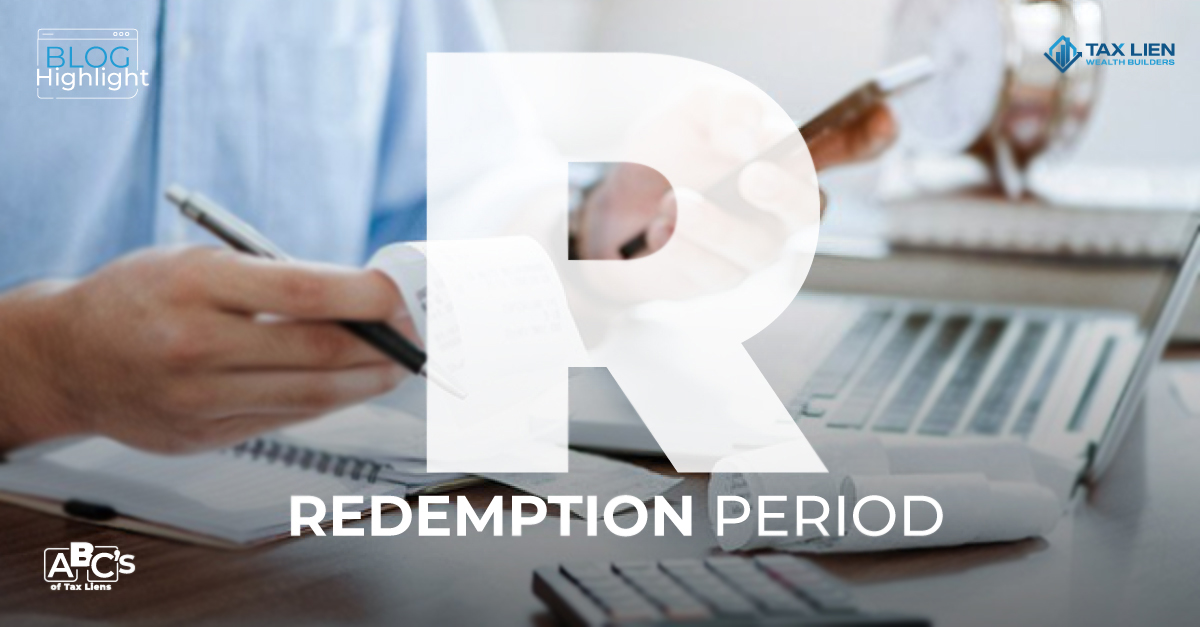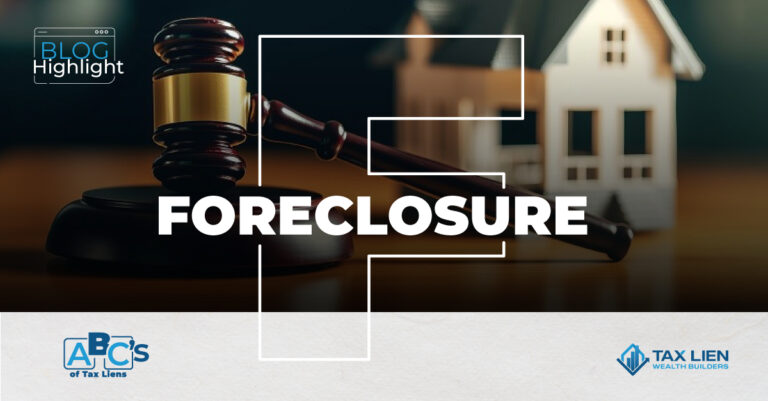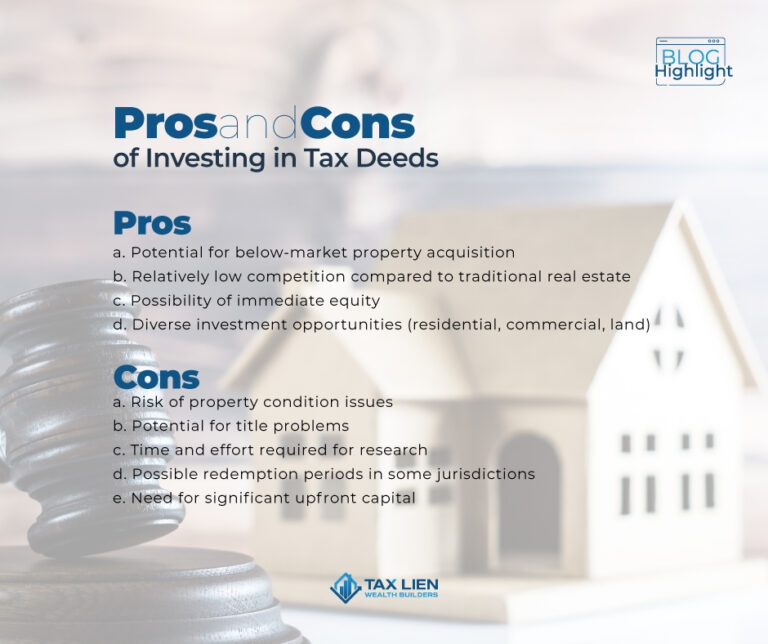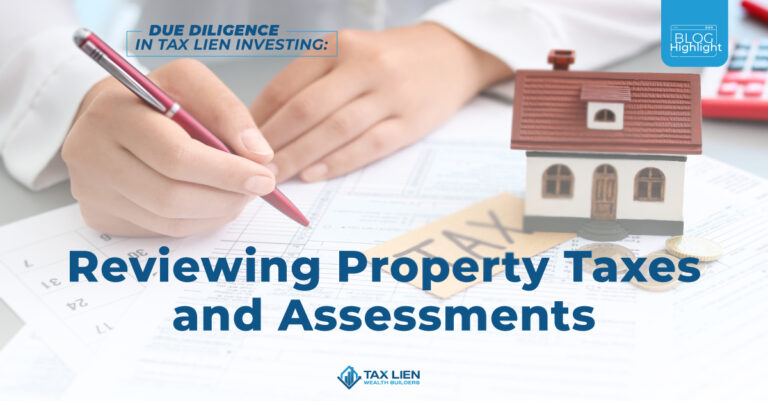What’s a Tax Lien Redemption Period
When property taxes are unpaid, the government may place a lien on the property, giving the officials the right to sell it to get back the unpaid taxes.
However, they allow property owners a period of time, known as the redemption period, to settle the debt and retain ownership of their property.
As an investor, you must be aware of what this means and its implications for your investments.
The importance of this knowledge cannot be overemphasized. You need to understand all of its intricacies; let’s do this together.
Understanding Redemption Periods
Defined timeframe
Redemption periods are usually specified and set by the local authorities.
They are usually not fixed, as they vary from place to place.
You must be aware of the time frame attached to each investment before making your final decisions.
Investor patience
When dealing with a tax lien with a redemption period attached, you have to exercise patience.
It may take a while before the property owners fulfill their obligations to the government and redeem their tax liens.
It is crucial to comprehend and acknowledge the length of time granted for the redemption period.
By understanding this time frame, you can develop a more realistic and patient investment strategy.
Local regulatory variations
The time frame given to a property owner to pay his or her owed property tax can vary from jurisdiction to jurisdiction.
Some have shorter redemption periods, while others allow for more time.
You must be familiar with the rules guiding your preferred location of investment in order to plan strategically.
Educating property owners
Educating property owners can help foster effective communication and cooperation.
You can help them understand the redemption period process and the steps involved.
This leads to a smoother transaction.
Effect of Redemption Period
Impact on returns
Redemption periods have a direct impact on the returns of a tax-lien investment.
The longer the redemption period, the longer it takes for you to get the returns.
When evaluating the overall performance of your portfolio, keep this in mind.
This knowledge will guard your expectations of returns as well.
Risk management
When investing in a property, you should consider the potential risks associated with it.
The property may not be redeemed within the attached timeframe.
This must be considered part of the risk when accessing the property.
You should evaluate the likelihood of the property owners facing financial challenges or legal hurdles that may impact the redemption process.
Foreclosure options
Foreclosure is a legal process through which the tax authorities or the lienholder (the investor who holds the tax lien certificate) obtain the ownership of a property due to its delinquent property taxes within the redemption period.
It provides a way for investors to potentially acquire properties at a discounted price.
However, it is important to note that foreclosure procedures can vary depending on local laws and regulations, and the process can be complex and time-consuming.
Cash flow considerations
A major determining factor for cash flow in tax lien investments is the redemption period.
You must be aware that your returns on investments may not be realized until the redemption period is over.
How quickly this happens determines the liquidity of your investment and should be properly considered in making investment decisions.
Strategic decision-making
When dealing with properties with redemption periods attached, consider the length of the period.
Sometimes you may need to make strategic decisions, such as foreclosure or other alternatives, depending on the uniqueness of the investment.
You need to know when to be patient, for how long, and what action to take afterwards.
As an investor, understanding the redemption period is a major factor in tax lien investing. It guides your expectations, influences your decisions and determines the overall success of your investment process.







